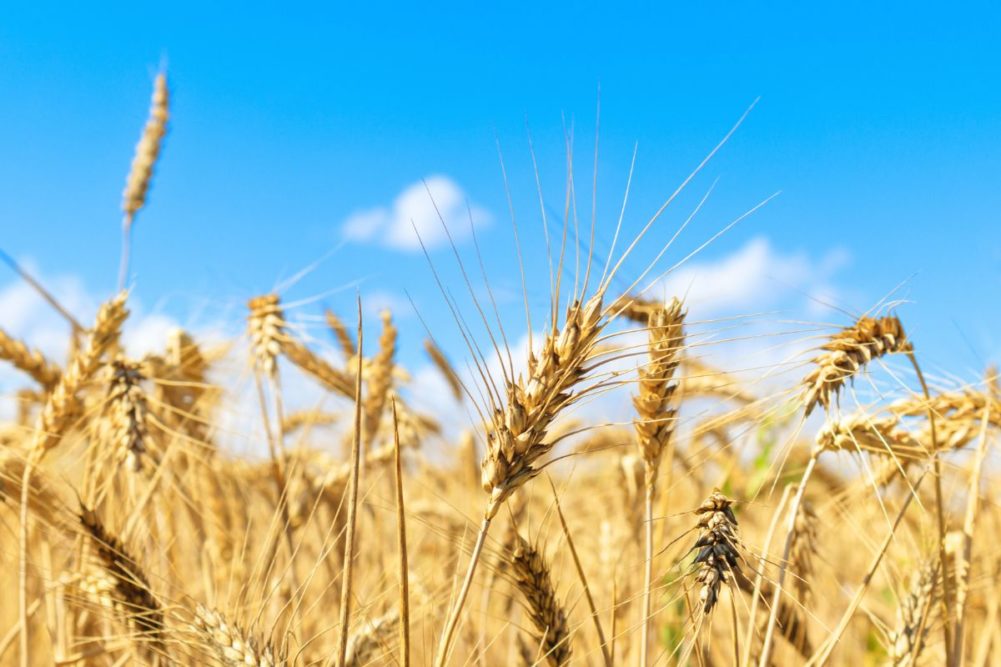AMMAN, JORDAN — Wheat imports for Jordan are estimated to reach 1.2 million tonnes in 2024-25 as the government begins filling its strategic grain reserves to mitigate inflationary shocks caused by geopolitical crises, according to a report from the Foreign Agricultural Service (FAS) of the US Department of Agriculture.
If realized, wheat imports would remain at the same level as 2023-24, but up from 1 million tonnes in 2022-23, noted the Global Agricultural Information Network (GAIN) report, released on April 8.
Situated on the Arabian Peninsula, Jordan is one of the world’s most arid nations and depends on global trade for its food security. Over the past two decades, Jordan’s population has more than doubled to 11 million, taxing its natural resource base.
“Regional conflicts among its major grain suppliers in the Black Sea region and in neighboring countries have compounded existing price pressures for many basic food staples further weighing on Jordan’s economic outlook,” the FAS said. “Red Sea attacks on commercial vessels continue to disrupt trade across the Middle East and Eastern Mediterranean region, including the Port of Aqaba, Jordan’s only port.”
The FAS forecasts marketing year 2024-25 wheat production to remain unchanged from 2023-24 estimates of 30,000 tonnes due to negligible changes to area and yield. Jordan’s annual wheat production only covers roughly one week of national wheat consumption. Wheat consumption will remain unchanged from 2023-24 at 975,000 tonnes as slow economic growth offsets population growth, the FAS noted.
The FAS projects that Jordan’s barley consumption in 2024-25 will reach 1.1 million tonnes, up 200,000 tonnes year-on-year due to higher feed use. Imports also will rise to 1.2 million tonnes in 2024-25, an increase from 1 million tonnes in 2023-24.
Barley production is projected at 25,000 tonnes for 2024-25, unchanged from the previous marketing year. Barley is part of a rotational crop to complement subsistence agriculture, to ensure soil conservation, integrated pest management regimes, and soil health.
Jordan’s corn consumption for 2023-24 and 2024-25 will reach 740,000 tonnes, the FAS forecasts, up significantly from an estimated 460,000 tonnes in 2022-23 on higher use for poultry feed. With little corn production, 730,000 tonnes will be imported in 2024-25 to meet demand from expanded corn processing capacity.






